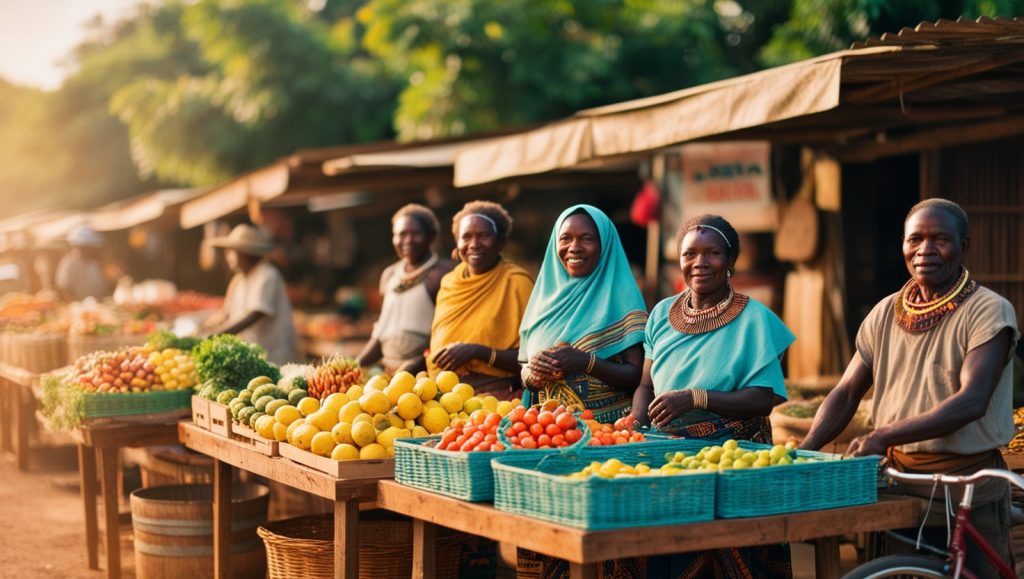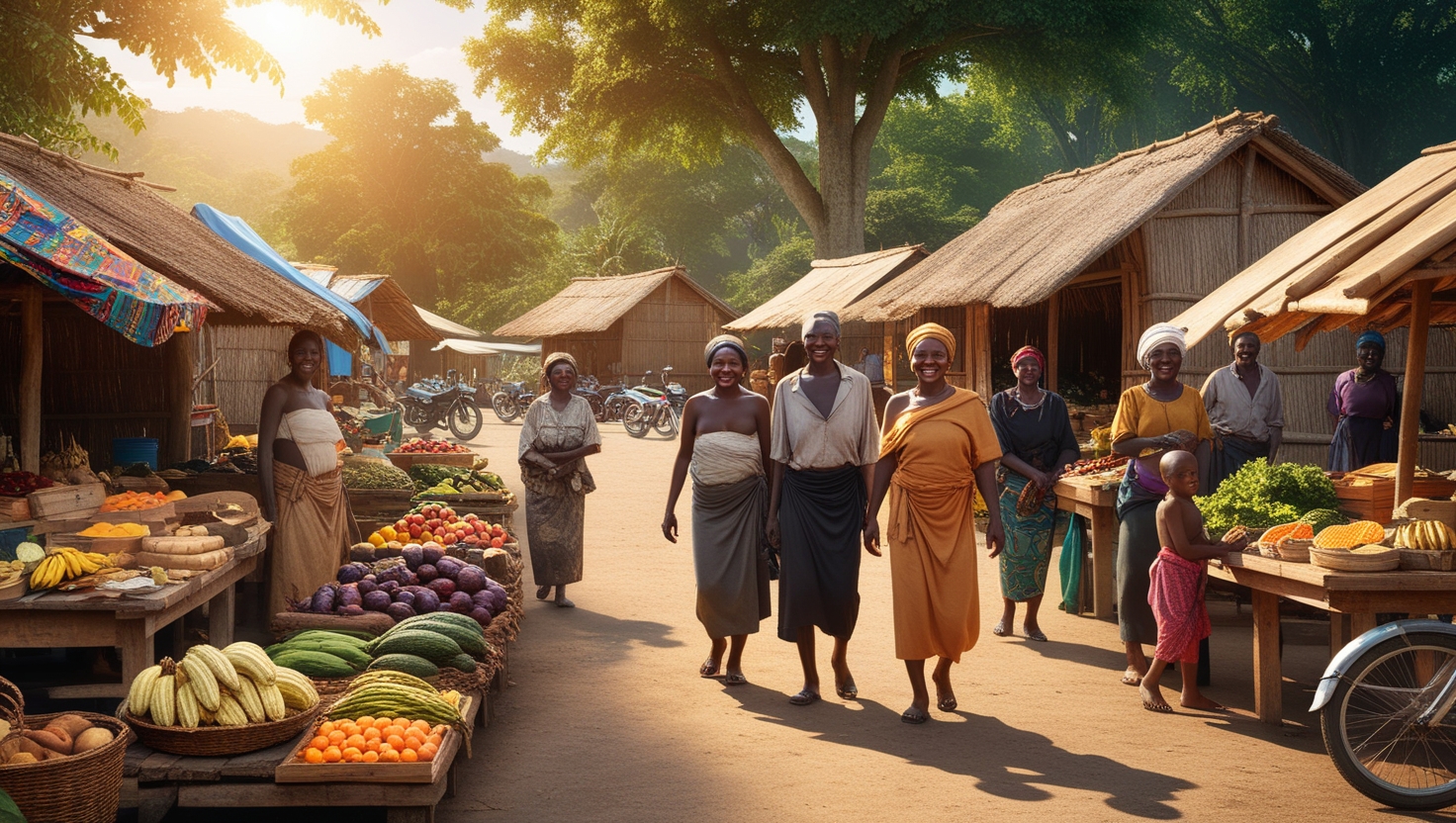Monrovia, Liberia: According to the World Bank’s 2024 Country Policy and Institutional Assessment (CPIA) report, Liberia faces significant economic challenges, as its growth remains constrained by fiscal deficits, inflation, and a struggling private sector. The report highlights key trends affecting the country’s economic performance and outlines the need for structural reforms to boost private sector growth and improve overall economic stability.
Slowing Growth and Inflationary Pressures
Liberia, like many countries in Sub-Saharan Africa, has experienced a deceleration in economic growth. The region’s per capita GDP growth slowed to 0.1% in 2023, down from 1.1% in 2022. The report attributes this slowdown to subdued private sector activity and high inflation driven by rising global energy and food prices. In Liberia, the inflationary pressures have been exacerbated by currency depreciation, making imported goods more expensive and limiting consumer spending.

Debt and Public Investment Challenges
Public investment has been a major driver of economic growth in Liberia, but the country faces increasing debt service obligations, which limit the government’s ability to sustain investment. Liberia’s public sector investment has grown significantly over the past two decades, rising from 3.3% of GDP in 2000 to 7.6% in 2022. However, the private sector has not kept pace, with private fixed capital formation remaining stagnant.
The CPIA report stresses the importance of mobilizing private resources to complement public investments and reduce fiscal strain. It highlights the need for policies that encourage private sector growth, especially in sectors that can drive job creation and improve economic resilience.
Opportunities for Reform
Despite these challenges, the report points to opportunities for Liberia to enhance its economic prospects through digitization and regional trade integration. The African Continental Free Trade Area (AfCFTA) offers significant potential to boost trade and productivity in the region, providing access to larger markets and fostering competition.
Additionally, expanding access to digital technologies and infrastructure could help reduce corruption, improve tax collection, and support the growth of small and medium-sized enterprises. By adopting these reforms, Liberia could strengthen its private sector, reduce its reliance on external debt, and position itself for more sustainable growth in the future.
Liberia’s economic landscape is at a critical juncture, with rising debt, inflation, and slow private sector growth hindering its development. However, with the right reforms, including efforts to improve the business environment and leverage digital and trade opportunities, Liberia can navigate these challenges and build a more robust and resilient economy.
Liberian-born Emmanuel Orlind Cooper is an accomplished multimedia journalist with extensive experience covering news and stories on a variety of media platforms. Orlind's work frequently demonstrates his profound grasp of the region and its complexity, given his Liberian heritage.
Now residing in Woodbridge, Virginia, he keeps connecting with readers across continents with his perceptive journalism and sharing his viewpoint. He is well-respected in the sector because of his unwavering commitment to honesty and morality, which sets him apart in the field.
Orlind's work is more than simply his job; it's a dedication to giving voice to the voiceless, illuminating unsung tales, and advancing the worldwide conversation on important concerns. His goal as a journalist is to use the media's power to change the world, not just to disseminate information. He is a key player in modern journalism because of the inspiration, education, and engagement that his work consistently provides.


